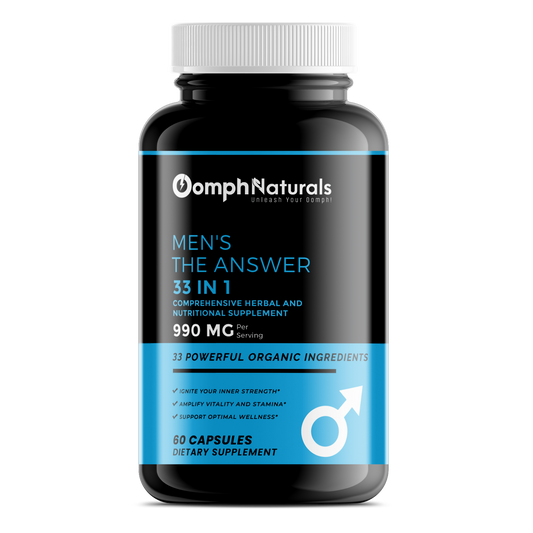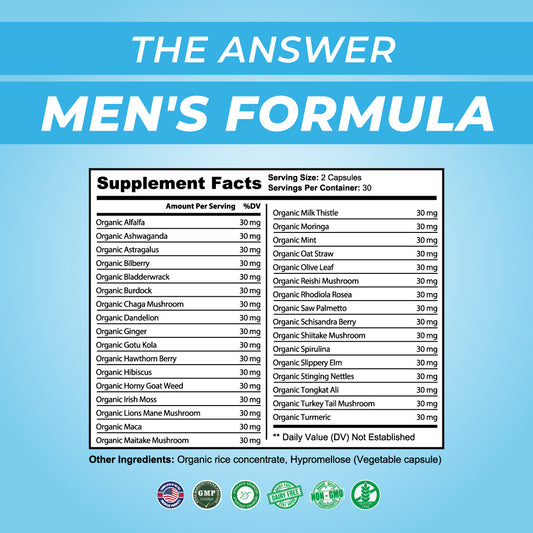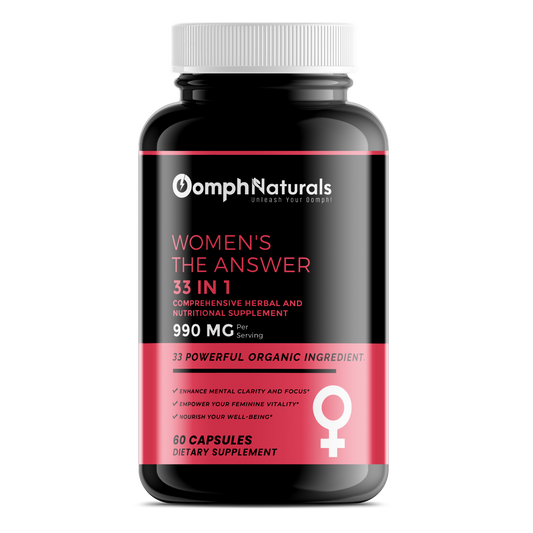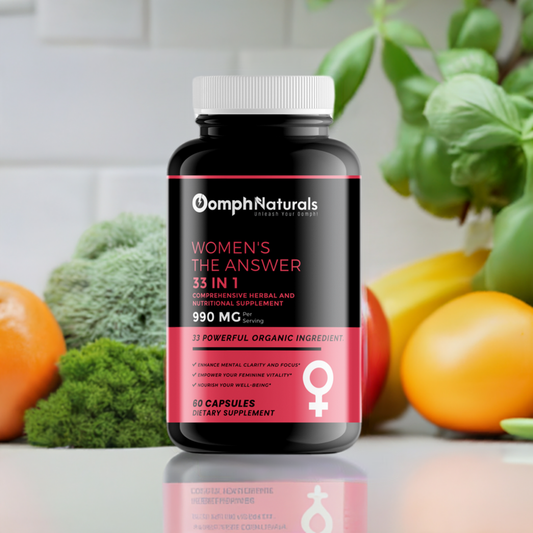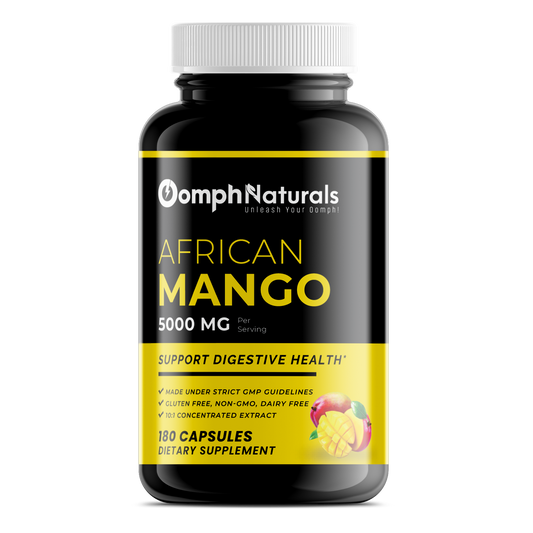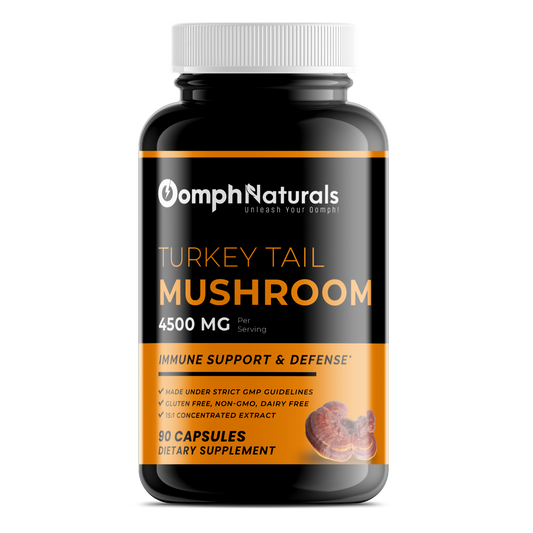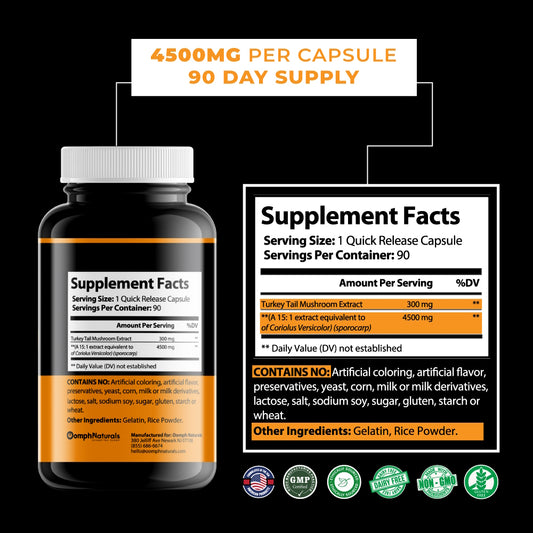-
The Answer for Men Ultimate Vitality Formula
Regular price $37.99Regular priceUnit price per$49.99Sale price $37.99Sale -
The Answer for Women Ultimate Vitality Formula
Regular price $37.99Regular priceUnit price per$49.99Sale price $37.99Sale -
Bonito Peptides Capsules
Regular price $26.99Regular priceUnit price per -
African Mango Capsules
Regular price $17.99Regular priceUnit price per -
Turkey Tail Mushroom Capsules
Regular price $22.99Regular priceUnit price per -
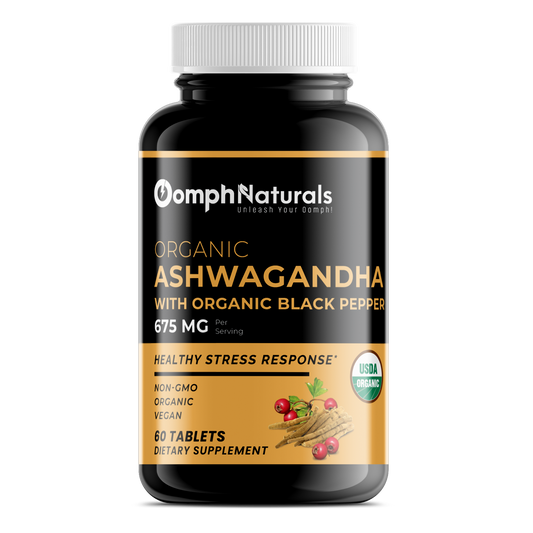
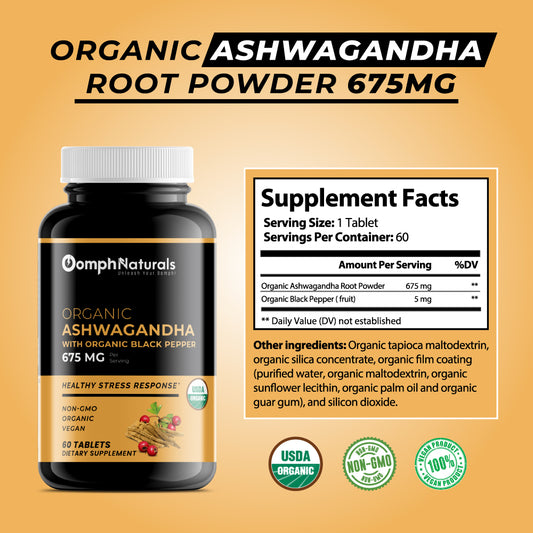 Sold out
Sold outOrganic Ashwagandha Capsules
Regular price $22.49Regular priceUnit price per -
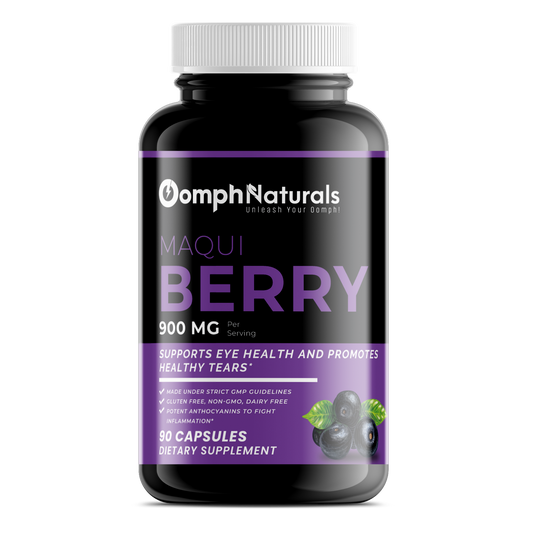
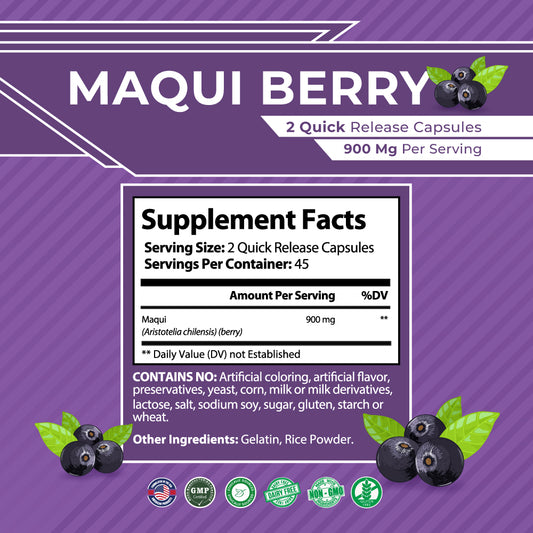 Sold out
Sold out -
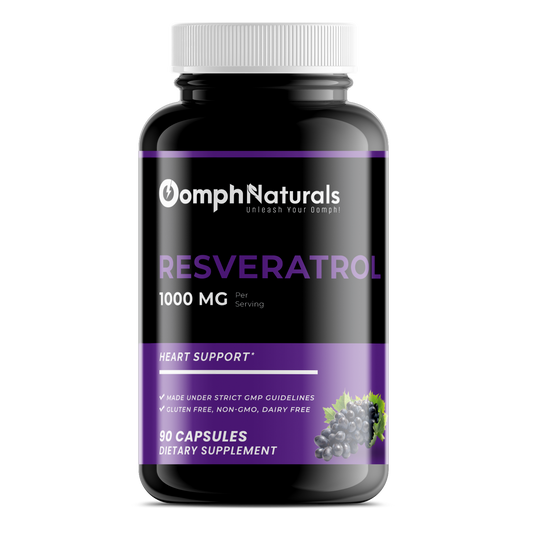
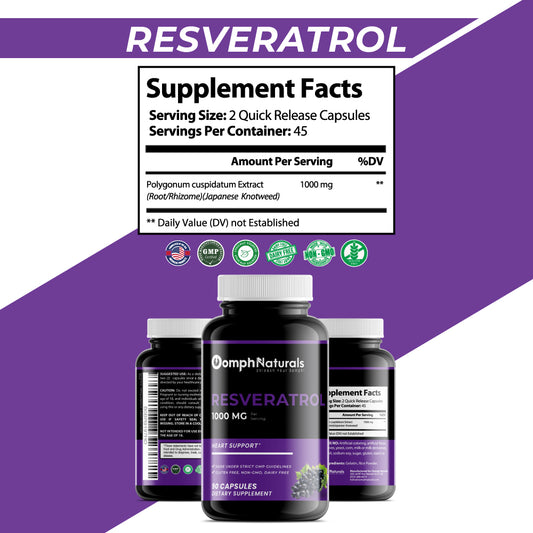 Sold out
Sold out
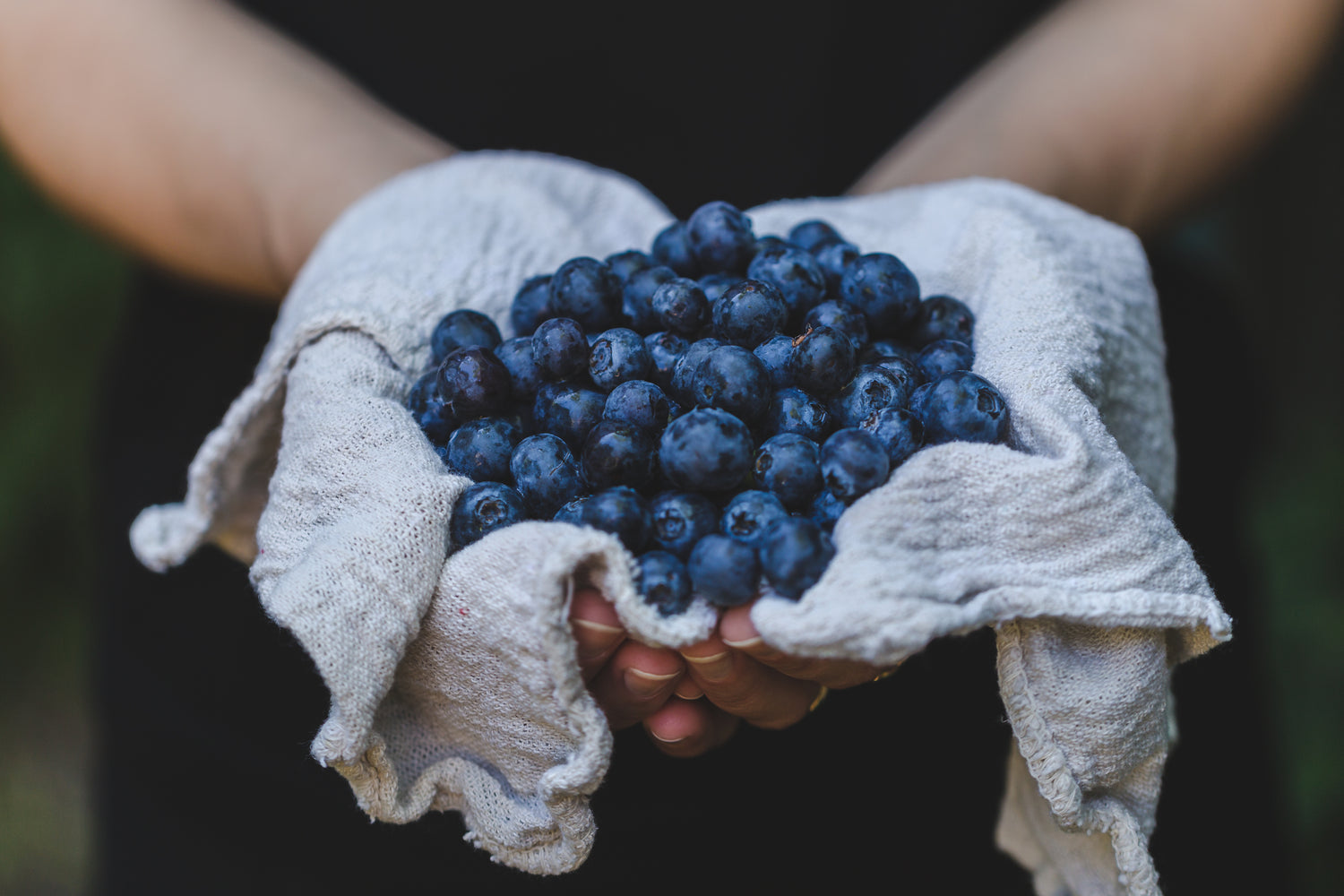
Antioxidants
Antioxidants are substances that can help protect cells from damage caused by molecules called free radicals. Free radicals are by-products of normal cell processes, but they can also be caused by environmental factors like pollution, radiation, and cigarette smoke. When free radicals build up in the body, they can cause a process called oxidative stress, which can damage cells and lead to various health problems. Antioxidants work by neutralizing free radicals and preventing oxidative stress. Some examples of antioxidants include vitamins C and E, beta-carotene, and selenium.
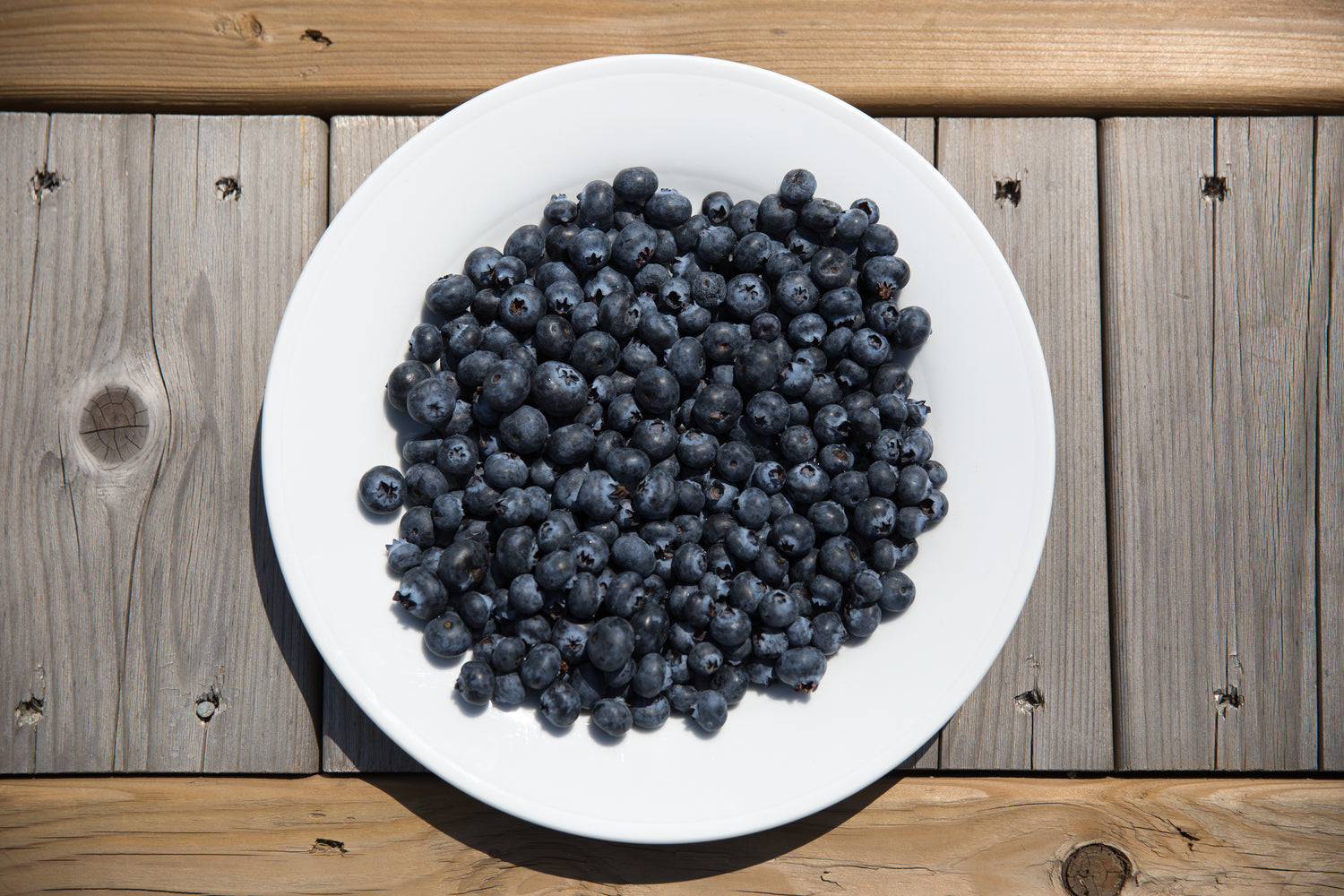
Preventing Oxidative Stress
The body has several natural defense mechanisms to protect against free radicals, including enzymes and other molecules that can neutralize them. However, these mechanisms can sometimes be overwhelmed, and that's where antioxidants come in. They help to protect cells from the damaging effects of free radicals and reduce the risk of diseases such as cancer, heart disease, and neurodegenerative disorders. Antioxidants can be found in a variety of foods, including fruits and vegetables, nuts, and whole grains. In addition, they are often added to processed foods as a way to help preserve their freshness and nutritional value. It's important to get a variety of antioxidants in your diet to help ensure that your body has enough to fight off free radicals.

